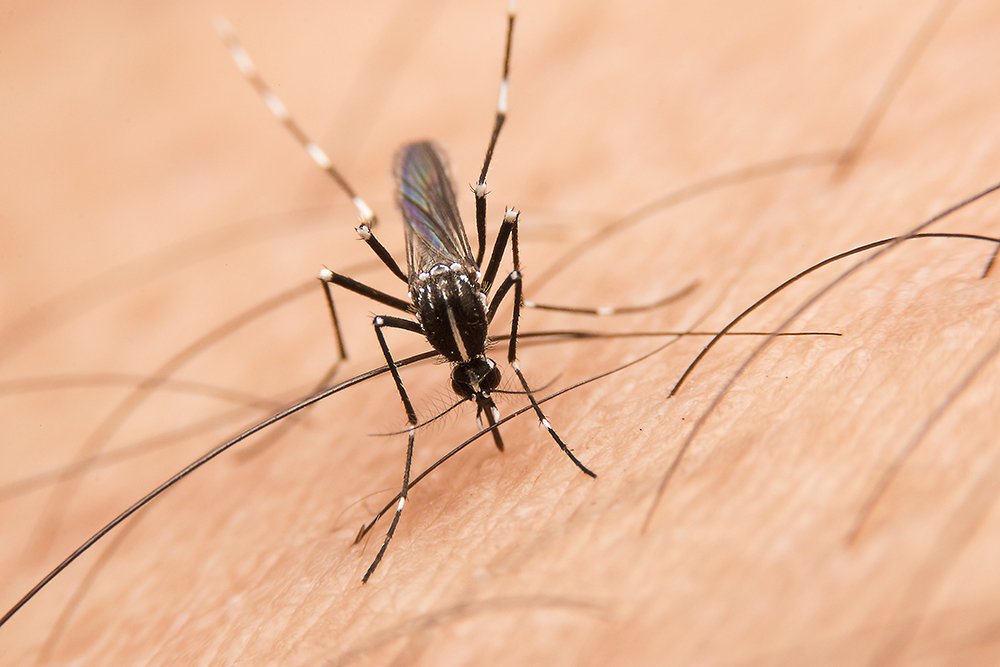Pinning Down the Process of West Nile Virus Transmission
Ohio State UniversityA federally funded project analyzing temperature, light pollution, and bird and mosquito abundance aims to pin down how these and other factors affect West Nile virus transmission. The ultimate goal is to advise health departments of the best time of year to kill mosquitoes that transmit the virus.












